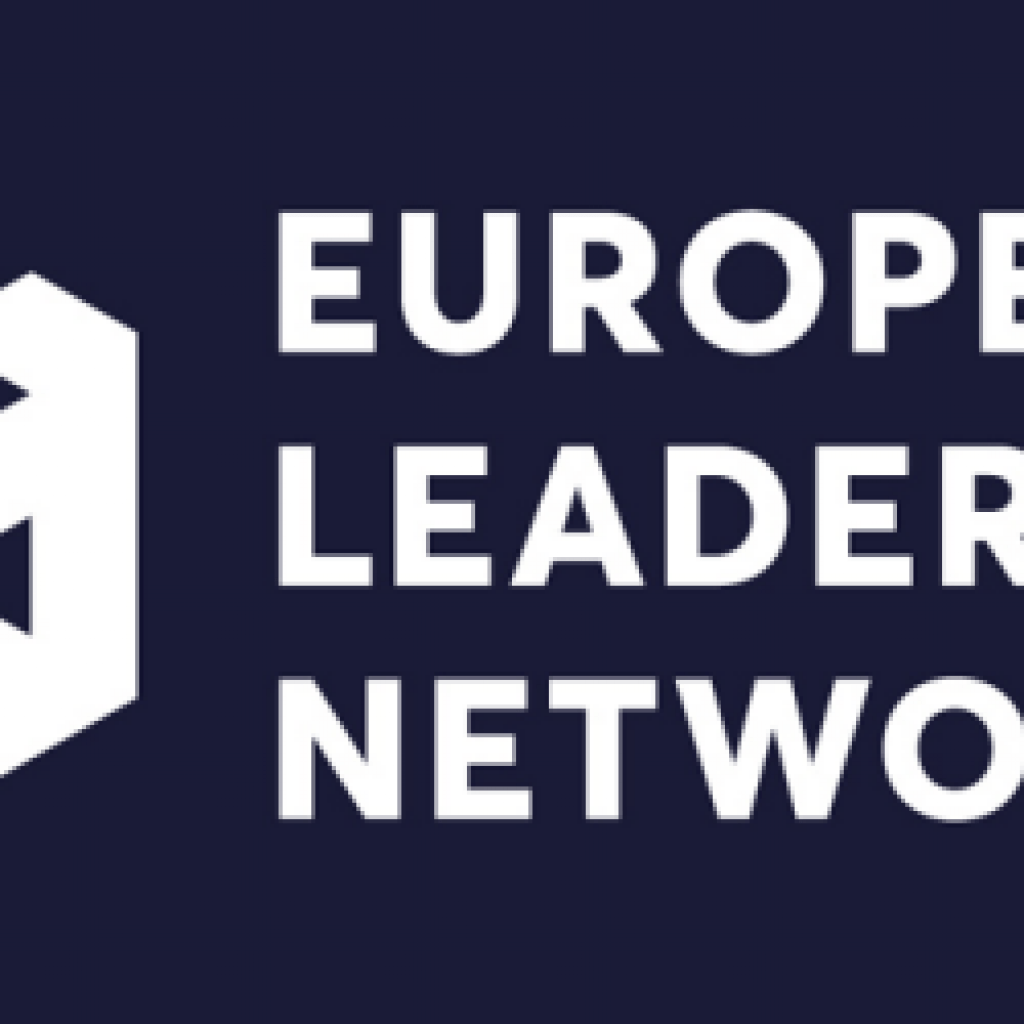(EuropeanLeadershipNetwork) The report on Quantum Technology and Submarine Near-Invulnerability looks at how quantum technology applications might affect nuclear weapon capable submarines near-invulnerability. It finds that, while the technological importance of quantum technology applications, in general, could be very high, its potential for increasing submarines vulnerability to detection and limiting their range and effectiveness in the near future, remains relatively low. Nevertheless, the development of quantum technology applications warrants a discussion of the consequences of their possible use. Especially in a crisis, tracing submarines could potentially undermine deterrence and risk unacceptable escalation.
Understanding whether and how advancements will impact nuclear submarines is important for two reasons. First, submarines serve as the epitome of strategic stability. They are meant to be a relatively undetectable, near-invulnerable capability with little potential for escalation. Second, the United States, Russia, the UK, China and India currently spend high amounts of money modernizing old or building new nuclear weapon capable submarines to serve them for decades ahead.They need to ensure that developments in new technologies will not endanger their investments and the status quo of near-invulnerability.
Several quantum technology applications could aid detection of submarines. These include magnetometers, gravity gradiometers and quantum clocks. Simultanously, quantum navigation could aid the submarine to hide better. Each of these are explored in the report.
Click here for 18-page report PDF.
The European Leadership Network (ELN) is an independent, non-partisan, pan-European network of nearly 200 past, present and future European leaders working to provide practical real-world solutions to political and security challenges.
The author Dr Katarzyna Kubiak is a Senior Policy Fellow on nuclear and arms control policy at the ELN. Previously, she was a Transatlantic Post-Doc Fellow for International Relations and Security at the Norwegian Institute for Defence Studies (the Institute for Peace Research and Security Policy (IFSH), a field researcher for the National Consortium for the Study of Terrorism and Responses to Terrorism (START) and a fellow in the German Bundestag. Following her PhD thesis on NATO nuclear extended deterrence her research areas include nuclear arms control and disarmament, nuclear non-proliferation as well as ballistic missile defense.
